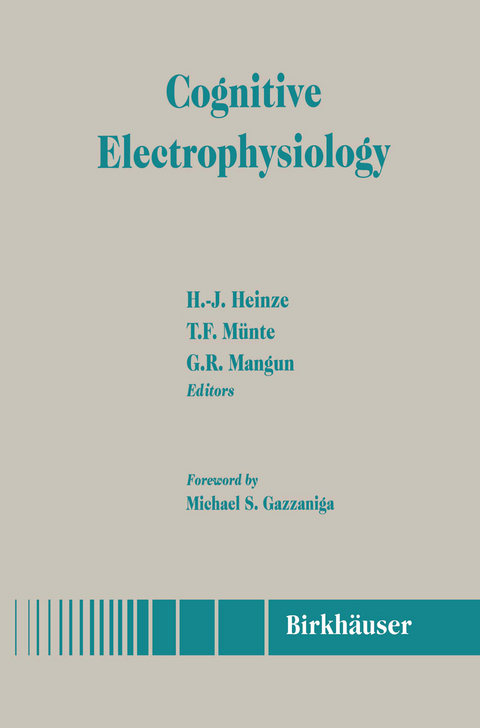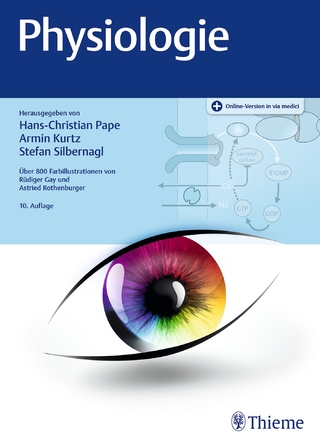
Cognitive Electrophysiology
Birkhauser Boston Inc (Verlag)
978-0-8176-3726-2 (ISBN)
1. The Cuing of Attention to Visual Field Locations: Analysis with ERP Recordings.- 2. Selective Visual Attention: Selective Cuing, Selective Cognitive Processing, and Selective Response Processing.- 3. Orienting Attention in the Visual Fields: An Electrophysiological Analysis.- 4. The Order of Global- and Local-Level Information Processing: Electrophysiological Evidence for Parallel Perceptual Processes.- 5. Event-Related Potentials and Stimulus Repetition in Direct and Indirect Tests of Memory.- 6. Slow Potentials During Long-Term Memory Retrieval.- 7. Event-Related Potentials Dissociate Immediate and Delayed Memory.- 8. What Is Who Violating? A Reconsideration of Linguistic Violations in Light of Event-Related Brain Potentials.- 9. ERP Negativities During Syntactic Processing of Written Words.- 10. ERP Mapping: A Tool for Assessing Language Disorders?.- 11. Threshold Variations in Cortical Cell Assemblies and Behavior.- 12. The Influence of Hand Movements on Cortical Negative DC Potentials.- 13. Principles of Electrogenesis of Slow Field Potentials in the Brain.- 14. The Neural Substrates of Cognitive Event-Related Potentials: A Review of Animal Models of P3.- 15. Theta and Delta Responses in Cognitive Event-Related Potential Paradigms and Their Possible Psychophysiological Correlates.- 16. Magnetoencephalogy in the Study of Human Brain Functions.- Keyword Index.
| Erscheint lt. Verlag | 26.1.1994 |
|---|---|
| Vorwort | M.S. Gazzaniga |
| Zusatzinfo | XIII, 385 p. |
| Verlagsort | Secaucus |
| Sprache | englisch |
| Maße | 155 x 235 mm |
| Themenwelt | Medizin / Pharmazie ► Gesundheitswesen |
| Medizin / Pharmazie ► Medizinische Fachgebiete ► Neurologie | |
| Studium ► 1. Studienabschnitt (Vorklinik) ► Physiologie | |
| Naturwissenschaften ► Biologie ► Humanbiologie | |
| Naturwissenschaften ► Biologie ► Zoologie | |
| ISBN-10 | 0-8176-3726-5 / 0817637265 |
| ISBN-13 | 978-0-8176-3726-2 / 9780817637262 |
| Zustand | Neuware |
| Informationen gemäß Produktsicherheitsverordnung (GPSR) | |
| Haben Sie eine Frage zum Produkt? |
aus dem Bereich


